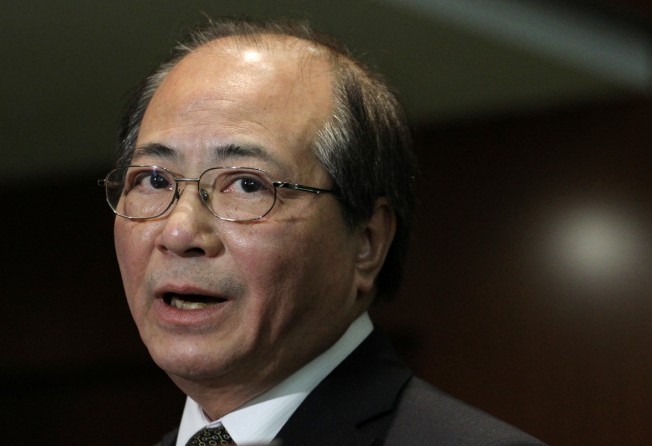Ethnic minority courses criticised
Bureau accused of guiding non-Chinese speaking students away from mainstream schools by offering classes in service industry

Two new applied Chinese courses announced yesterday have drawn criticism for only steering ethnic minority students towards the service industry.
"Does it mean that the government is encouraging students not to go to mainstream schools?" asked Holing Yip Ho-ling from ethnic minority rights group Unison.
"This also makes me query - does the government think that ethnic minorities are destined to work in the service industry?"
After a decade of appeals for a curriculum involving Chinese as a second language, the Education Bureau yesterday announced two new applied Chinese courses - Chinese used in service industries and Chinese used in hospitality professions.
The courses, designed mainly for the city's ethnic minorities, will be offered in secondary schools next year.
Yip said a learning framework, which was revealed in September, only mapped out the possible pathways for ethnic minority students, but did not translate into support in classrooms.
"Teaching methodology, pedagogy, teaching materials … all this is still greatly lacking," she said. "With Chinese as a second language relatively new for teachers, the support they get is so inadequate."
Yip said that the courses were another option for ethnic minority students in Hong Kong, but noted that the city still lacked a comprehensive Chinese as a second language system.
The courses will be accepted by all eight universities and 23 higher education institutions as the Chinese requirement for non-Chinese speaking students amounts to only Primary Four Chinese levels. The curriculum was designed by Baptist University and the Hong Kong College of Technology, which were chosen for their experience with applied learning courses.
"This will be another choice to GCE for non-Chinese speaking students to enter university," said Sarah Ngai, chief curriculum development officer of applied learning at the bureau.
Ngai said the reading, listening, speaking and writing components were modelled on parts of the Diploma of Secondary Education Chinese curriculum.
Students with less than six years of local Chinese learning, or who have been in remedial Chinese classes, qualify to take the applied Chinese courses.
She said the students don't lack the qualifications to get into university. "What they lack is real language ability - enough to continue their studies and to become competitive in society."
Education Bureau chief Eddie Ng Hak-kim said: "The framework is a new effort ... I agree that courses can't be just job-oriented. "Time is needed to build related teaching support for courses, so the courses will evolve."